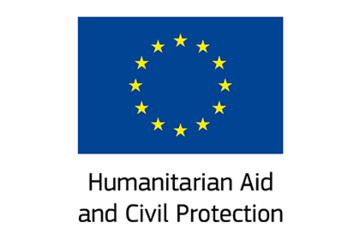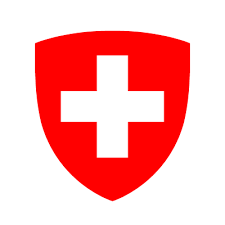people in humanitarian need and affected by violence in 2021
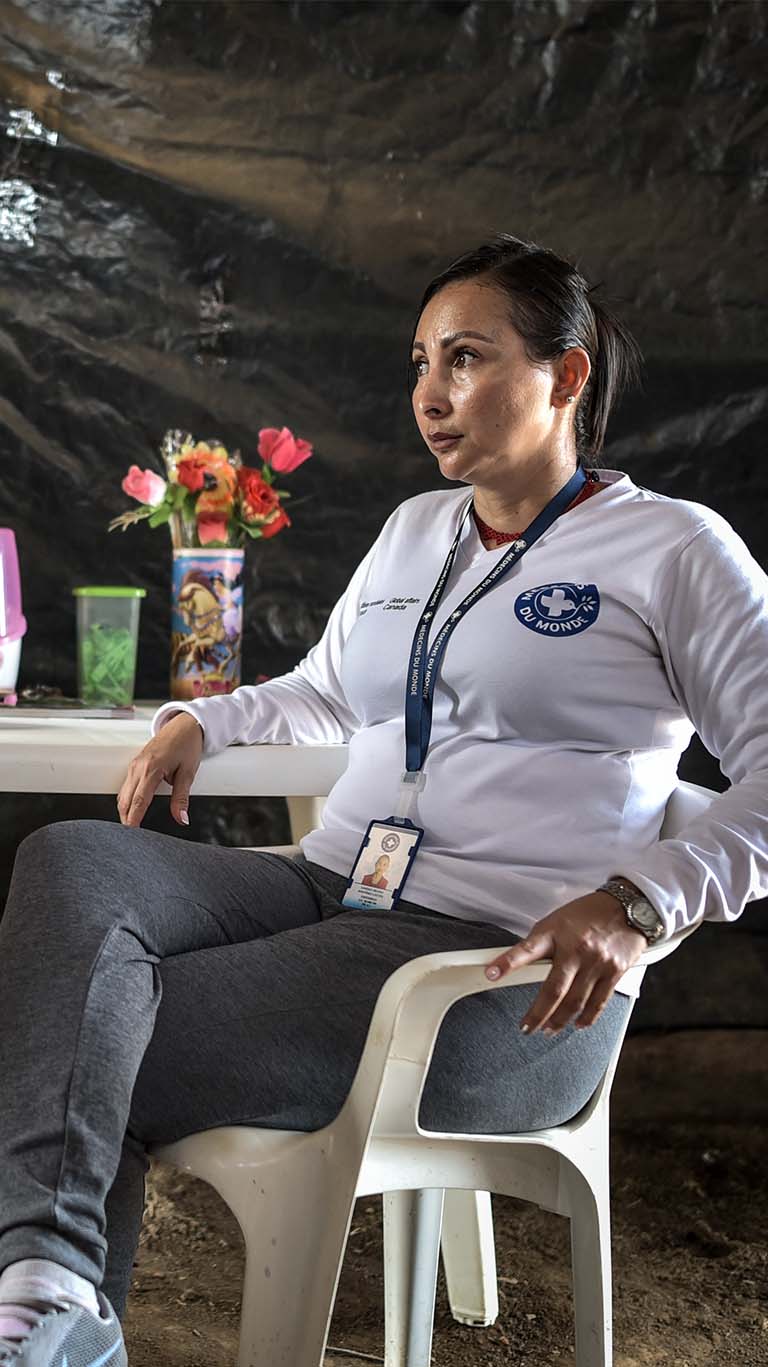
Colombia
© Quentin Top
Médecins du Monde’s emergency response includes a range of humanitarian assistance programmes. Find out more below about our work and missions in Colombia.
THE HUMANITARIAN SITUATION IN COLOMBIA
For many years, internal conflicts in Colombia, in particular between the army and the FARC, have threatened and sometimes violated the rights of communities. The Covid-19 pandemic and migration from neighbouring Venezuela have only served to magnify these problems, especially in remote areas where humanitarian access is still difficult.
Our humanitarian mission in Colombia therefore has several priorities which include protecting human rights and developing a medical assistance plan to address the lack of healthcare.
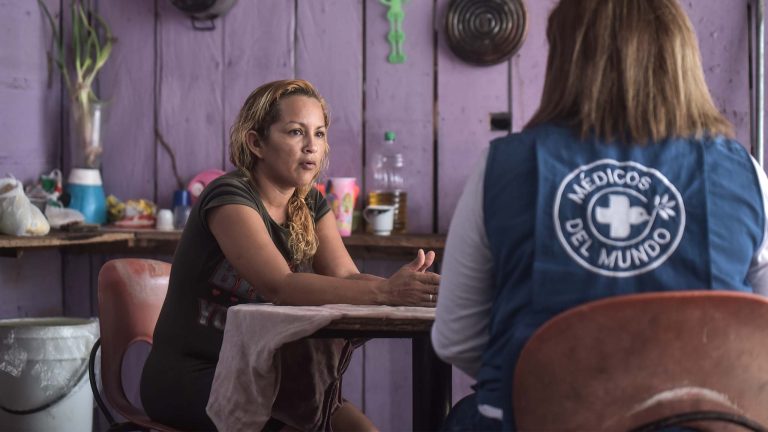
© Quentin Top
OUR HUMANITARIAN ASSISTANCE IN COLOMBIA
The aim of Médecins du Monde’s humanitarian assistance in Colombia is to provide support for local services and to ensure access to care for the communities affected by conflict.
A LAND WHERE TERROR PERSISTS
On 24 November 2016, after 52 years of armed conflict that led to 220,000 deaths, 40,000 disappearances and six million people being displaced, a peace agreement was signed between the Colombian government and the FARC.
While the overall situation does show some signs of improvement, the violence linked to “the worst humanitarian crisis in the Western hemisphere” persists in Colombia today. At least five other armed groups (ELN, EPL, FARC Dissidents, Clan del Golfo a.k.a Autodefensas Gaitanistas de Colombia) are still inflicting terror and death on the civilian population.
Much remains to be done in order to respond to the humanitarian emergency in Colombia, including restoring access to healthcare in rural areas affected by the conflict and reintegrating the guerrilla fighters into civilian life.
IN 2021, WE:
- provided assistance to 78,484 people,
- provided 43,872 primary healthcare consultations,
- provided 15,250 sexual and reproductive health consultations,
- supported 9 health centres,
- provided 9,900 mental health and psychosocial support consultations,
- advised and/or provided legal support to 1,800 people,
- delivered awareness-raising sessions on Covid-19 prevention measures to 11,772 people.
-
1987
Médecins du Monde starts working with the indigenous communities of Apaporis.
-
1994
Programme with street children begins. Ends in 2000.
-
1997
Intervention in Chocó Department in response to effects of the armed conflict. Ends in 2011.
-
2003End of the indigenous communities programme; intervention in Meta Department in response to effects of the armed conflict.
-
2010
Start of intervention in Nariño.
-
2016
Peace agreement signed with the FARC and start of reflection process on how our activities should be adapted.










